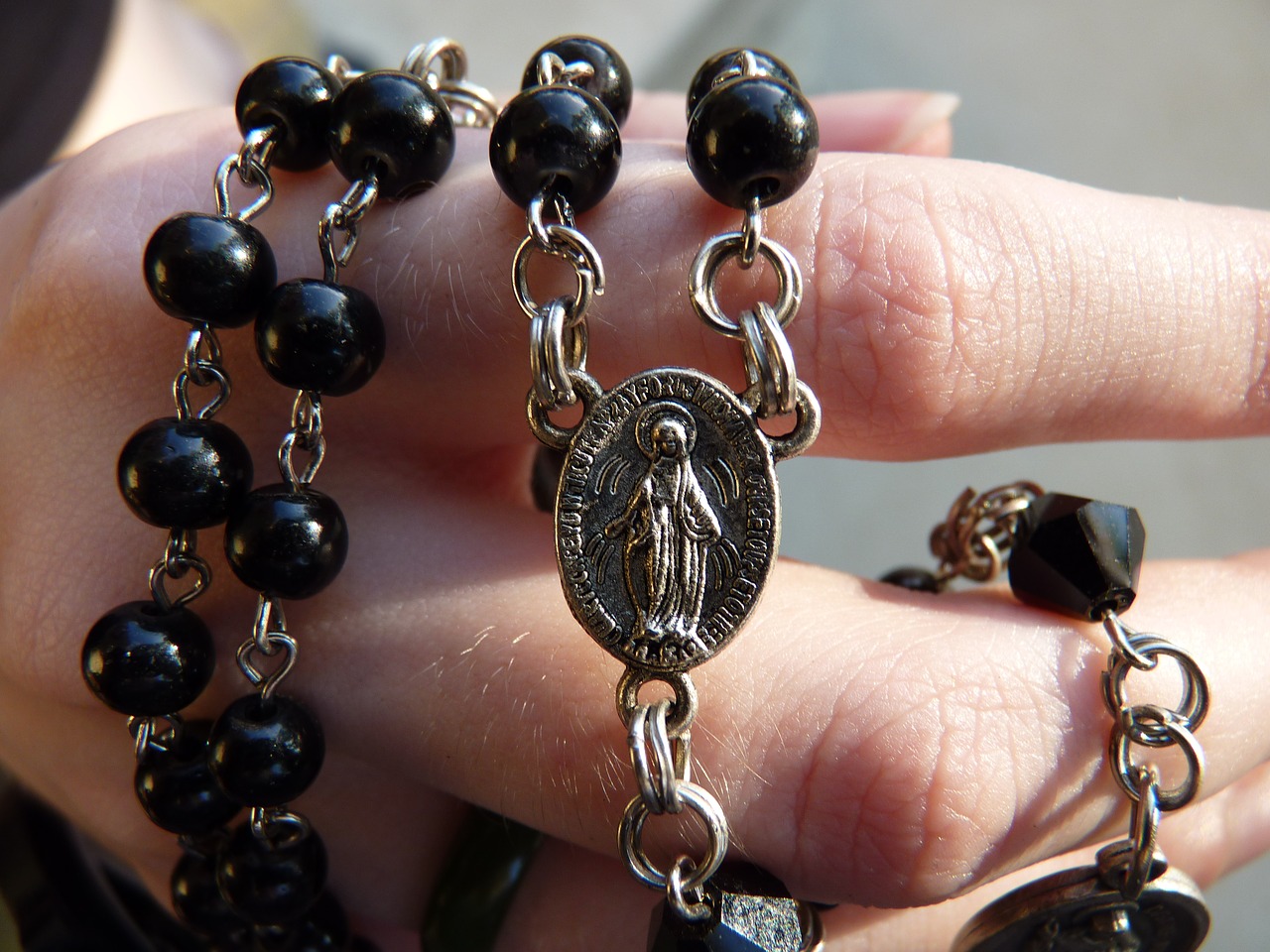Is universal salvation compatible with the teachings of the Catholic Church?
Yes, in the sense that it is possible. No, in the sense that universal salvation is inevitable. That would render repentance for one’s sins no longer necessary and suggest that free will is a comfortable sham.
This teaching is sometimes called “Origenism,” named for the Egyptian biblical scholar who died in Tyre in 253 or 254. Although Origen had critics during his lifetime, Origenism was not condemned as heretical until the Second Council of Constantinople (553). It is not at all certain that he believed all the statements lumped together 300 years later as Origenism.
According to A Concise Dictionary of Theology, by Gerald O’Collins, SJ, and Edward G. Farrugia, SJ, Sts. Athanasius of Alexandria, Basil the Great, and Gregory of Nazianzus (all bishops and officially recognized as doctors of the Church) admired Origen and his teachings.
Something similar happened to Antonio Rosmini (1797–1855). Although “Rosminianism” (40 statements taken from his writings) was condemned by Pope Leo XIII in 1887, he was cleared of any heresy by the Congregation for the Doctrine of the Faith in 2001, which declared, “The meaning of the propositions, as understood and condemned by the [1887] decree, does not belong to the authentic position of Rosmini.”
He was beatified by Pope Benedict XVI in 2007. In his 1998 encyclical, “Faith and Reason,” St. John Paul II referred to him as a “great Christian thinker.” It is easy to distort a person’s teachings after that person has died and, therefore, cannot respond to accusations of heresy.
Does God forgive me after I have asked for forgiveness and repent? What if I did not even ask for forgiveness from the person I wronged?
Yes, God has forgiven you in the situation that you describe. To think otherwise would make God’s divine forgiveness dependent on a human action that may no longer be possible. What if the person wronged died before you could ask for his or her forgiveness?
Forgiveness is real when the guilty party wants for the innocent person what God wants for that individual: to share divine life.
One of Satan’s favorite tactics is to raise doubts by linking a fact (for example, I regret having wronged this person) with something that is no longer possible (the person has died before I realized that what I said or did about her or him was seriously wrong).
Things get even more complicated when people speak as though the guilty party’s desire for forgiveness (one-sided by definition) is the same as reconciliation, which clearly must be mutual. Unfortunately, many people think asking for forgiveness is useless if reconciliation is no longer possible. Satan wins whenever that way of thinking is accepted as true.
I encourage you not to doubt the good effects of forgiveness (you are living more honestly with yourself) even when the reconciliation I have described is unlikely or physically no longer possible.
How can I obtain the discipline to say the rosary and the Chaplet of Divine Mercy daily? I try, but I would like to be more consistent.
We don’t find time the same way we might find a quarter on the sidewalk. We need to make or create time for what is truly important to us.
It might be easiest to link these prayers to something you already do each day. Could you pray the Chaplet of Divine Mercy before you brush your teeth in the morning? Or after your evening meal? Could you pray the rosary while you are taking a walk?
Every good or harmful habit takes time to develop. Please don’t become discouraged if you fail to carry out your good intention right away. Remember the days when you succeeded—and how much better that day probably went.
My Orthodox friends say that they are “catholic.” How can that be?
The word catholic is first an adjective meaning “universal.” Only in the 11th century did it become a noun meaning “member of the Roman Catholic Church.”
The Nicene Creed that all mainline Christians accept and pray concludes with the words, “I believe in one, holy, catholic, and apostolic Church.”
The word orthodox literally means “right teaching.” In time, it came to mean “member of an Orthodox Church.” Your friends have every right to say that they are catholic. Both Pope Francis and Ecumenical Patriarch Bartholomew use this same wording.
Is using them morally permissible? The Catholic Church has said that it is OK to receive a COVID-19 vaccine that was developed with the assistance of stem cells. Many other vaccines or medicines also use them.
What is my moral obligation about using or not using such products? How much research in this area do I need to do? What are reliable sources to use in researching this?
On November 20, 2020, heads of the US bishops’ Committee on Doctrine and Pro-Life Activities issued a clarification on this issue (available at usccb.org). They noted that neither the Pfizer nor the Moderna vaccine involved the use of cell lines that originated in fetal tissue taken from the body of an aborted baby at any level of design, development, or production.
“Some [people] are asserting,” that statement continues, “that if a vaccine is connected in any way with tainted cell lines, then it is immoral to be vaccinated with them. This is an inaccurate portrayal of Catholic moral teaching.”
Referencing three Vatican documents on this subject, the US statement notes that “at the level of the recipient, it is morally permissible to accept vaccination when there are no alternatives and there is a serious risk to health.”
I am indebted to Father Dan Kroger, OFM, an ethicist and our publisher, for these references.









1 thought on “Ask a Franciscan: What About Universal Salvation?”
I learned about purgatory in Catholic grammar school And high school in the 50’s-60’s. Is there such a place? Is it mentioned in the Bible? How do we know it exists or do we take it on faith?